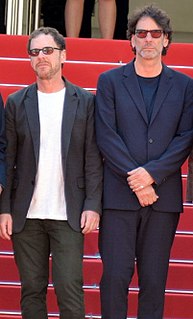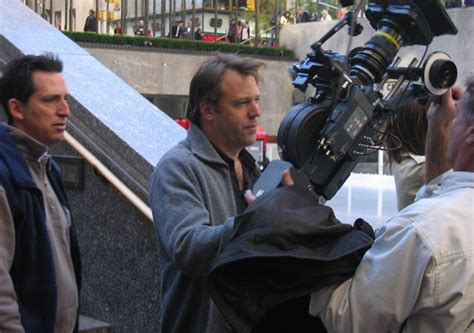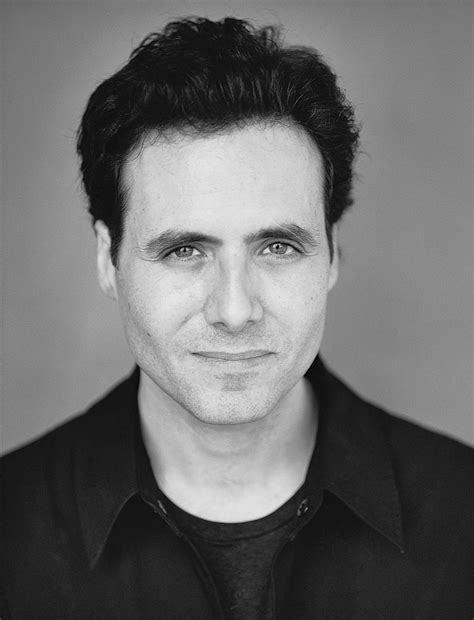A Quote by Ethan Coen
All we think about is how to keep the audience engaged, and normally we're big on plot because that's the easy way to do it.
Related Quotes
The challenge CEOs will face three to five years from now is the same one that they face today. That is engagement. It's hard to keep people engaged in what they are doing. As this generation grows up around social media like Twitter where things are 140 characters, how do you keep them engaged all hours every day at work? How do you keep them focused on the big goals you have?
Anyone can write five people trapped in a snowstorm. The question is how you get them into the snowstorm. It's hard to write a good play because it's hard to structure a plot. If you can think of it off the top of your head, so can the audience. To think of a plot that is, as Aristotle says, surprising and yet inevitable, is a lot, lot, lot of work.
I don't think about the audience, I don't think about what makes them happy, because there's no way for me to know. To try to think of what makes for entertainment is a very Japanese thing. The people who think like this are old-fashioned. They think of the audience as a mass, but in fact every person in the audience is different. So entertainment for everyone doesn't exist
Well, I think it's important to keep things secretive because what's happened so much is the press competes with each other to put as much information out there as they can and sometimes it can be very damaging to the films to have the stories leaked or certain plot details. I think it's important to have something remain secretive for the audience and something special for the audience so there aren't spoilers all over the internet.
I’ve always said to my agents and stuff, like, it’s going to be 10 years before people forget about Twilight, And that’s totally understandable. Normally people keep working and working until their big break. You just keep trying to make the best of your decisions. Like I try to think how I used to think before all the Twilight movies.
Nothing was ever easy in Memphis and I think that's why the fans were drawn to our team so much. It's because the way we played and the way we got overlooked and the respect that we didn't get most of the time was very similar to how the city felt and how the locals felt about life in general. It was an easy bond.
David Foster Wallace: I think one of the insidious lessons about TV is the meta-lesson that you’re dumb. This is all you can do. This is easy, and you’re the sort of person who really just wants to sit in a chair and have it easy. When in fact there are parts of us, in a way, that are a lot more ambitious than that. And what we need, I think—and I’m not saying I’m the person to do it. But I think what we need is seriously engaged art, that can teach again that we’re smart. And that there’s stuff that TV and movies—although they’re great at certain things—cannot give us.






































